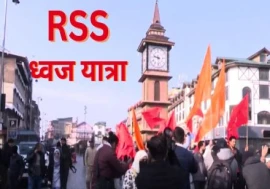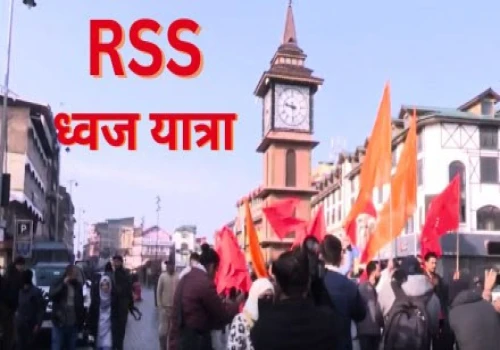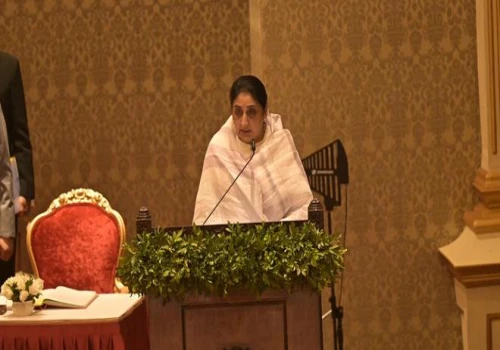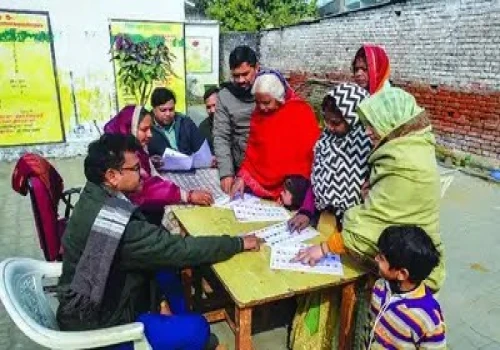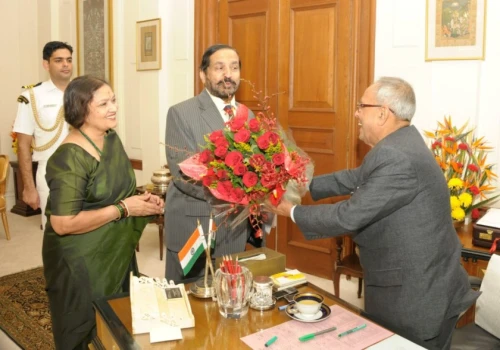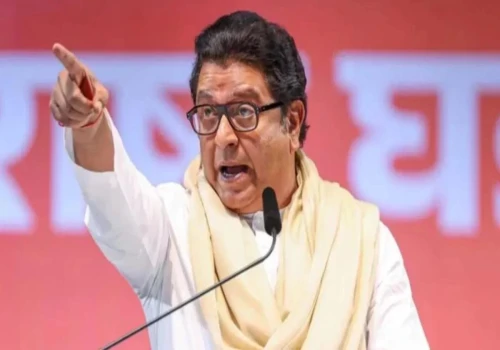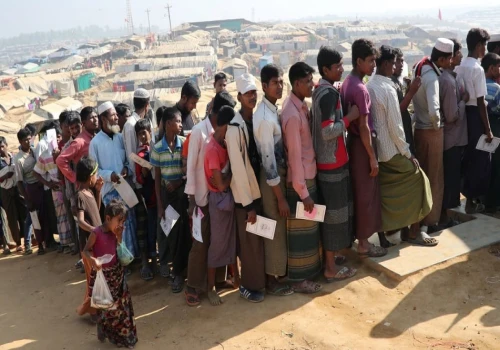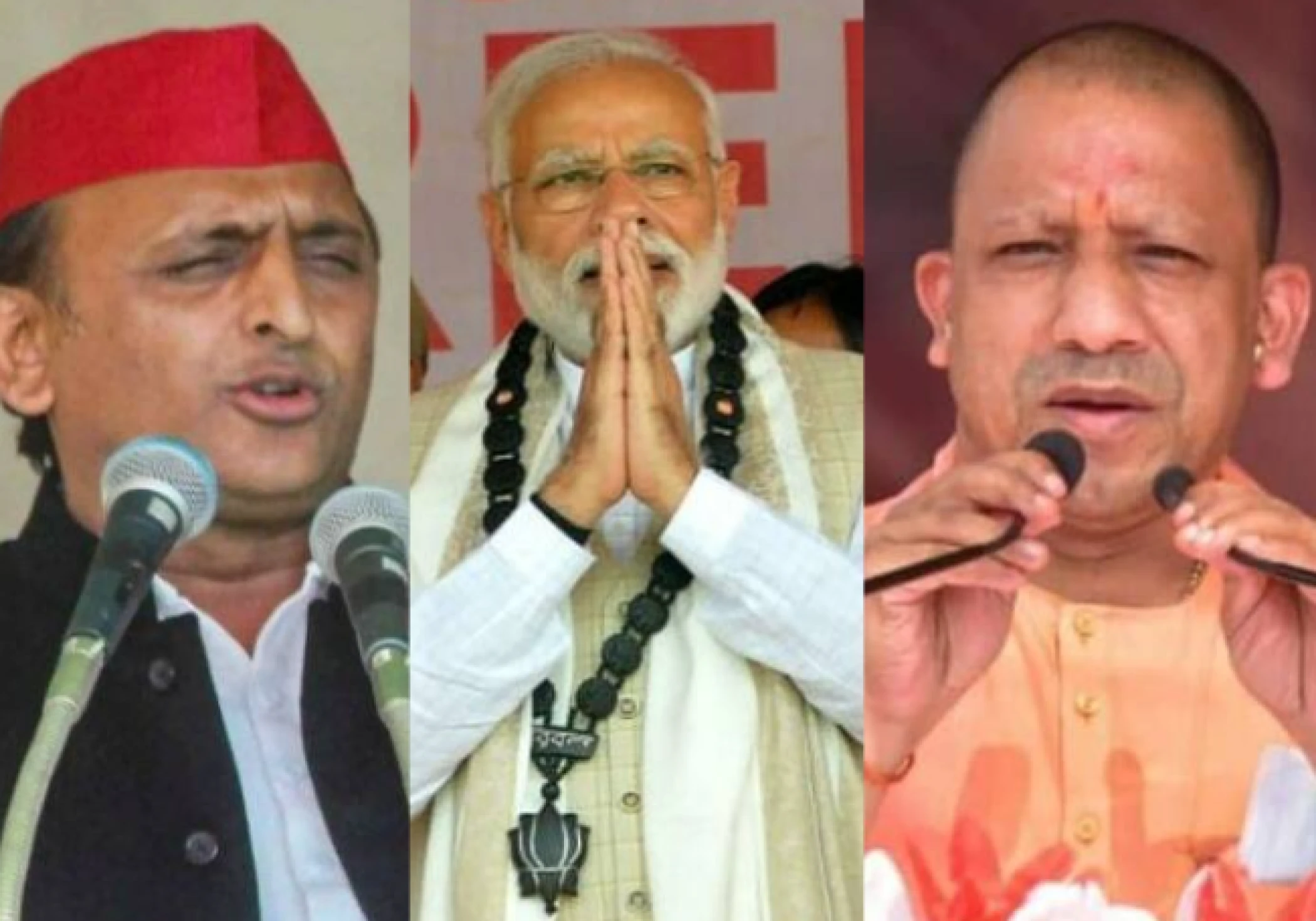
New Delhi: In Indian political dynamics, it is often asserted that "who wins Uttar Pradesh, wins the country." Uttar Pradesh, being the most populous state in India, holds significant weight in terms of electoral representation and political influence. With 80 Lok Sabha seats, Uttar Pradesh plays a pivotal role in determining the overall outcome of general elections. The state's diverse demographic, encompassing urban and rural areas, as well as various communities and castes, makes it a microcosm of the entire nation.
The importance of Uttar Pradesh in national politics is underscored by its substantial contribution to the total number of Lok Sabha seats. Winning a significant majority in Uttar Pradesh can substantially impact the overall seat tally and significantly influence the formation of the central government. Political parties often focus their strategies and campaigns on Uttar Pradesh due to its electoral significance and the potential to sway the national narrative.
In light of this, the recent Mood of the Nation (MOTN) survey conducted by India Today and C Voter has projected that if elections were held today, the Bharatiya Janata Party (BJP) could secure a substantial victory in Uttar Pradesh. The survey indicates that the BJP might win 70 out of the 80 Lok Sabha seats, with a projected vote share exceeding 50 percent. This forecast suggests a notable increase of 8 seats for the BJP compared to the 2019 Lok Sabha elections, where they secured 62 seats in the state.
The survey also reveals the performance of other parties in Uttar Pradesh:
- Congress: 1 seat
- Samajwadi Party (SP): 7 seats
- Apna Dal: 2 seats
The combined tally for the BJP+ alliance is projected at 72 seats, while the individual seat counts for other parties include 1 seat for Congress, 7 seats for SP, and 2 seats for Apna Dal. The survey further details individual vote shares, with the BJP leading at 52.1%, Congress at 5.5%, SP at 30.1%, BSP at 8.4%, and others at 3.9%.
It is important to note that while surveys provide valuable insights, electoral dynamics are subject to change, and the actual results may differ. The MOTN survey, conducted on 543 seats with 1,49,092 samples over one and a half months, is a comprehensive effort to gauge public sentiment. However, historical instances remind us that election surveys are not infallible and actual outcomes may vary. As the country approaches the general elections scheduled for April-May 2024, political landscapes are likely to evolve, making it imperative to closely observe unfolding developments.

